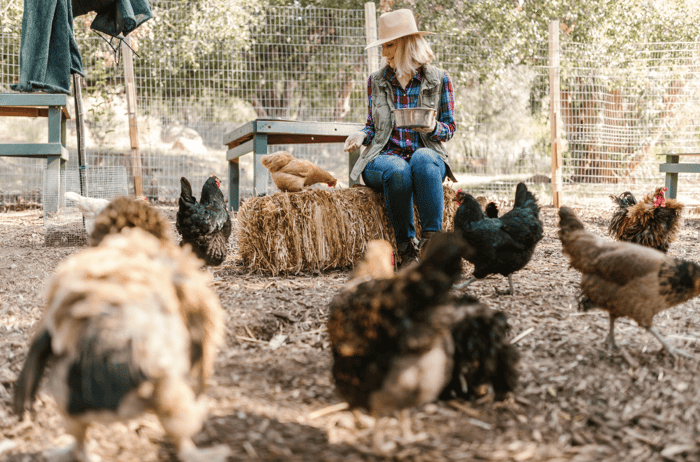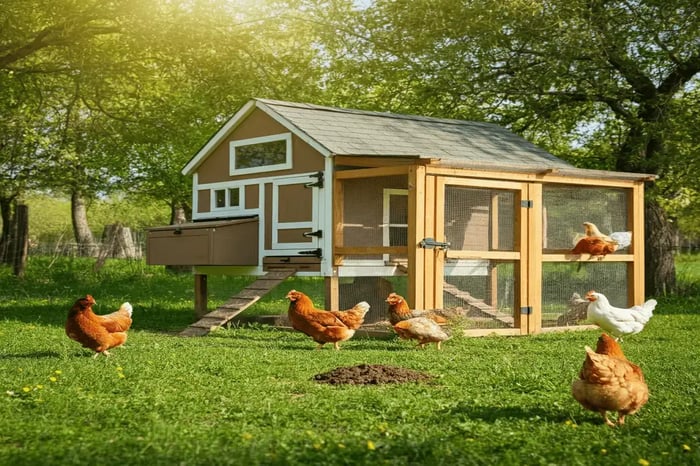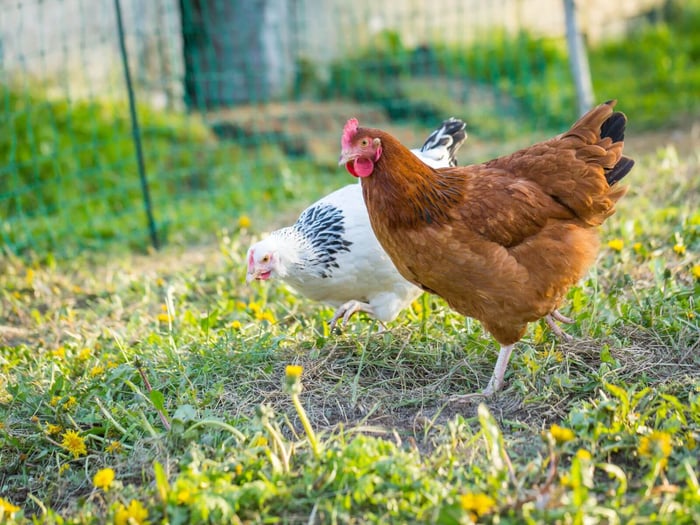Table of Contents
- Why Cleanliness Means Health—and Happiness—for Chickens
- How Often to Clean Chicken Coop: Building a Practical Routine
- The Ultimate Cleaning Schedule: What to Do & When
- Seasonally or Every 3-6 Months: Deep Clean
- Step-by-Step Guide: Make Cleaning Easy
- Bedding Matters: Choosing What’s Right for Your Coop
- Deep Litter Method
- Signs It’s Time to Clean—Now
- Mistakes to Avoid
- Helpful Tips for Easier Coop Management
- FAQs
Keeping your chicken coop clean isn’t just about appearances—it’s one of the most fundamental aspects of raising a healthy and productive flock. But when it comes to the big question—how often to clean chicken coop—there’s no one-size-fits-all answer. The right schedule depends on your birds, climate, bedding, and more. In this detailed guide, you’ll learn the ideal cleaning frequency for coops of all types, discover pro cleaning techniques, and avoid common pitfalls, so your hens thrive every single day.
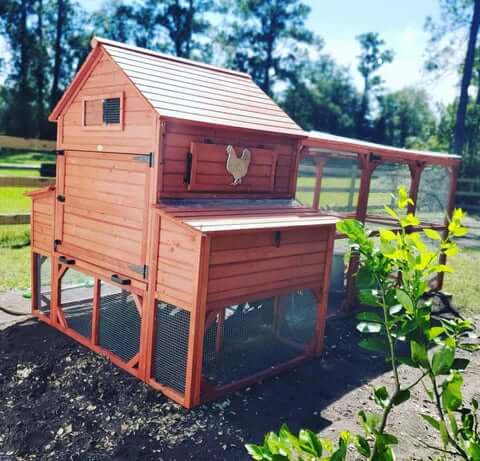
Why Cleanliness Means Health—and Happiness—for Chickens
First, let’s talk about why a clean coop is about much more than comfort or controlling odors. Chickens, like most animals, are susceptible to diseases that spread where dirt and droppings accumulate. That’s why understanding how often to clean chicken coop areas is so important for your flock’s well-being. Without a routine cleaning schedule, you’re risking issues like:
Respiratory illness: High ammonia from droppings can irritate and even damage chicken lungs.
External parasites: Lice, mites, fleas, and ticks love to hide out in moist, dirty bedding and feed off your flock.
Egg contamination: Dirty nesting boxes mean soiled eggs, which are harder to clean and more likely to carry bacteria like salmonella.
Increased predator risk: Rodents attracted to leftover feed and droppings can in turn draw snakes, raccoons, and other predators.
When you stay on top of how often to clean chicken coop areas, you’ll reduce risk for all of these, foster better egg production, and enjoy spending time in the coop with your hens.
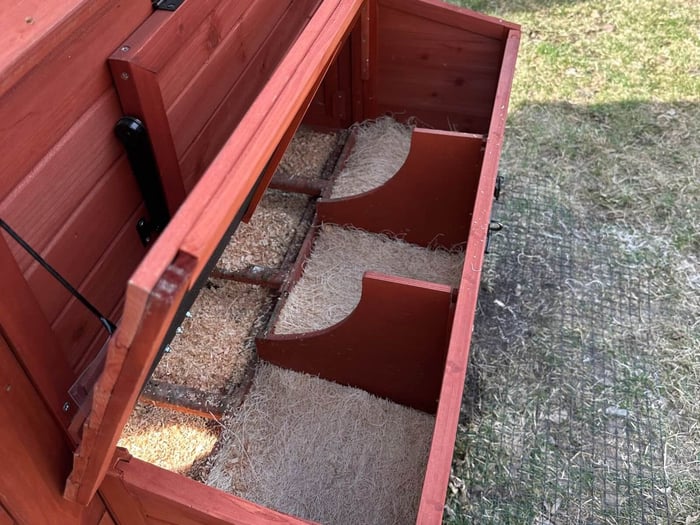 How Often to Clean Chicken Coop: Building a Practical Routine
How Often to Clean Chicken Coop: Building a Practical Routine
The frequency you’ll need to clean depends on a few key factors:
1. Size of Your Flock
The more birds you have, the more frequently you’ll need to address how often to clean chicken coop bedding.
2. Coop Size and Layout
A small, tightly packed coop will get dirty faster and needs more frequent cleaning. Spacious runs and good ventilation help bedding dry out quickly and control both smells and bacteria.
3. Type of Bedding or Litter
Some bedding types, like sand or straw, get messier faster, while pine shavings and the deep litter method slow down the build-up of odor and waste. We’ll explore bedding more in depth below.
4. Climate and Weather Conditions
If you live in a wet, humid climate, moisture will build up inside your coop, increasing the risk of mildew, mold, and ammonia. In drier, colder areas, bedding may last longer between changes.
5. Access to Free Range
Chickens who spend most of their days outside naturally leave most of their mess outdoors; confined flocks dirty the coop much more quickly.
6. Personal Time and Preferences
Some backyard farmers prefer light, frequent tasks; others set aside one day each week for bigger cleaning. Find a system that fits your lifestyle!
The Ultimate Cleaning Schedule: What to Do & When
Daily
Collect eggs: Reduces breakage and egg-eating.
Tip: Store your fresh eggs safely with a dedicated mango wood egg holder in your kitchen or coop.Quick droppings pick-up: Especially on roost bars.
Check feeders/waterers: Clean spills and refill as needed.
Quick once-over for pests or injured birds
Weekly
- Replace or top up soiled bedding, especially under perches.
For optimal odor control and easy maintenance, consider using hemp bedding for chicken coops—it’s highly absorbent and eco-friendly. Scrape and wipe roosting bars.
Refresh nesting boxes by changing bedding and removing droppings.
Wipe down surfaces that have visible dirt, water marks, or food build-up.
Remove scraps/old feed to prevent rodents and maggot infestations.
Monthly
Full coop refresh: Remove and replace ALL bedding, and sweep out every nook and cranny.
Disinfect feeders and waterers using a poultry-safe wash or diluted vinegar.
Open windows and doors to let the coop air out for an hour or more.
Seasonally or Every 3-6 Months: Deep Clean
Empty the entire coop—bedding, nesting materials, droppings, and all!
Scrub floors, walls, nesting boxes, roosts, doors, and windows.
Disinfect thoroughly. Poultry-safe disinfectants or vinegar/water mixtures are best.
Repair or reinforce any damaged areas—look for holes, sharp nails, or chewed wood/mesh.
Pro Tip: Deep cleaning immediately before summer (peak parasite activity) and winter (when birds spend more time inside) has the biggest impact.
Step-by-Step Guide: Make Cleaning Easy
Let’s break down a deep clean:
Move your flock out: Relocate chickens to a pen or run.
Remove old bedding & debris: Use gloves, rake, shovel, and a sturdy wheelbarrow.
Scrape dried mess: Give corners and perches extra attention.
Sweep or vacuum dust and cobwebs: Airborne dusts are unhealthy for hens and humans.
Scrub surfaces: Use soapy water or a vinegar solution and a stiff brush.
Disinfect: Spray surfaces, let sit, and rinse off well. Let the coop air-dry.
Replace bedding: Lay 4–5cm of fresh pine shavings (or your favorite litter).
Refill feed/water, and return your flock!
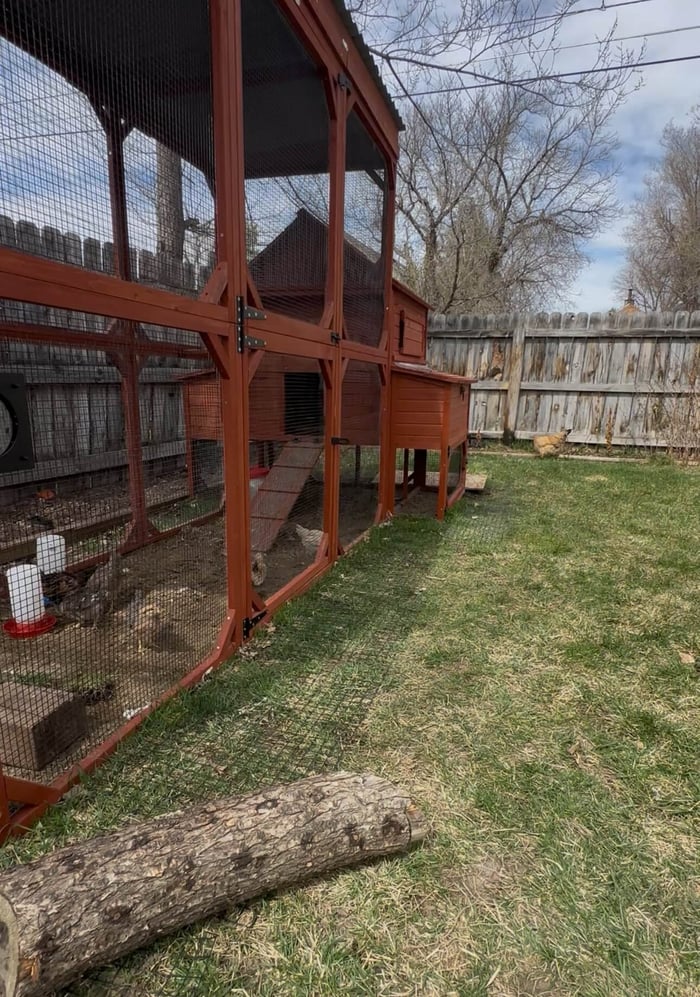 Bedding Matters: Choosing What’s Right for Your Coop
Bedding Matters: Choosing What’s Right for Your Coop
Pine Shavings
These are the top choice for many keepers for absorbing moisture, controlling odors, and keeping cleanup easy.
Straw or Hay
Affordable and easy to source, but can get moldy if it becomes damp and should be changed more frequently.
Sand
An increasingly popular option for easy daily spot-cleaning—just scoop like a cat litter box!
Deep Litter Method
Layer new bedding over old, turning it regularly to encourage composting and heat. Done right, this method requires only a thorough clean several times a year.
No matter your bedding choice, make sure it’s dry and clean—damp litter leads quickly to odor, bacteria, and sick birds.
Signs It’s Time to Clean—Now
Sometimes, your flock will tell you they need help. If you notice any of these, grab your gloves:
Strong, sharp ammonia odors
Flies, mites, or other pests inside the coop
Damp bedding or signs of mold
Chickens with dirty feet, ruffled feathers, or sneezing/coughing
Abnormal eggs—dirty, cracked, or with weak shells
Mistakes to Avoid
Bleach is too harsh and leaves residues that can harm chickens.
Ignoring drafts or leaks: Each cleaning is a good time to check for holes, leaks, or broken windows.
Plastic or rubber mats: These can trap wetness under them and turn gross quickly.
Forgetting your own safety: Always wear gloves, use a dust mask, and wash hands!
Helpful Tips for Easier Coop Management
Place dropping boards under perches; clean daily for effortless upkeep.
Keep all supplies in a bucket near the coop
Compost used bedding—it becomes high-nutrient compost for your garden in just a few months!
Add herbs (like mint or lavender) to nesting boxes for a fresher coop and natural pest control.
Conclusion: Happy Chickens, Better Eggs
When you ask, how often to clean chicken coop spaces, the answer is that a little and often is far better than waiting to deal with a big mess. With a daily and weekly habit, and a few big seasonal cleanouts, you’ll avoid nearly all health and odor issues. Your chickens will repay you with clean eggs, robust health, and delightful backyard companionship. A clean chicken coop is the foundation of a thriving flock and a happy poultry keeper.
FAQs
Does climate affect how often to clean a chicken coop?
Yes—humid or rainy climates often require more frequent cleaning due to higher moisture and disease risk. Dry or cold climates may allow for less frequent bedding changes, but ventilation is still crucial.
What is the deep litter method, and how does it change cleaning frequency?
The deep litter method involves piling fresh bedding over droppings and turning it regularly. Deep cleans are needed only every few months to a year, but regular spot cleaning and moisture checks are essential to prevent odor and pests.
Should I use bleach to clean my chicken coop?
No, avoid harsh chemicals like bleach. Use poultry-safe cleaners or diluted vinegar to disinfect after removing all bedding. Always rinse and dry thoroughly before returning chickens.
How can I make cleaning my chicken coop easier?
Place removable dropping boards under roosts for easy scraping.
Use highly absorbent bedding like hemp or pine.
Keep cleaning tools and fresh bedding nearby.
Compost old bedding for use in your garden.


.png)
